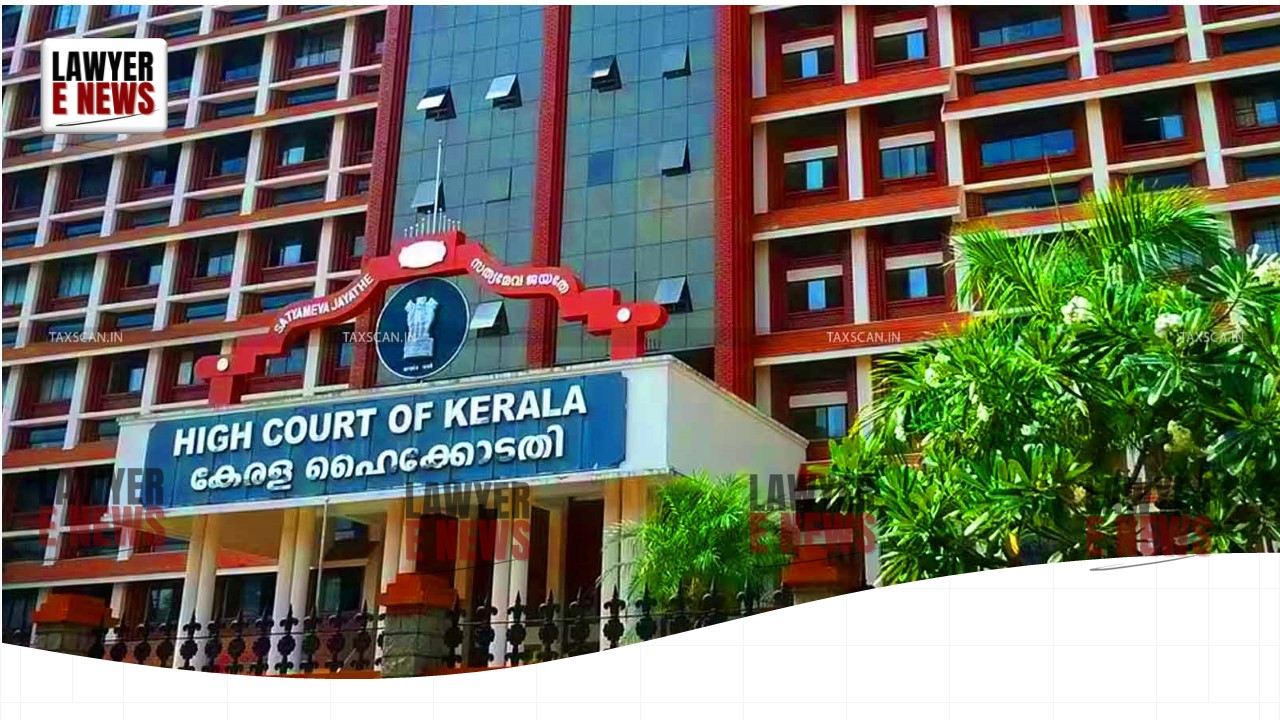-
by Admin
15 February 2026 5:35 AM



Kerala High Court upheld the Kerala Administrative Tribunal’s order mandating pension revision for retirees under the UGC pay scale effective from January 1, 2006. The court dismissed the State’s appeal, deeming the delay in implementing revised pensions until July 1, 2009, as contrary to the law and equity. The judgment reiterates the entitlement of pensioners to benefits of retrospective pay revisions.
The petitioners, retirees from Kerala’s Collegiate Education Department under the UGC pay scale, sought pension revision based on the Government Order (P) No. 211/2011/FIN dated 07/05/2011, which stipulated that pensions for those retiring on or after 01/01/2006 should be calculated based on the revised pay effective from the same date. However, subsequent clarifications, including G.O.(P) No. 16/2014/FIN dated 10/01/2014, postponed the effective date for pension revision to 01/07/2009, citing that the UGC scheme lacked pension provisions and financial constraints of the State.
The Kerala Administrative Tribunal ruled in favor of the petitioners, citing statutory provisions in Part III of the Kerala Service Rules (KSR) and precedents like U.P. Raghavendra Acharya v. State of Karnataka (2006). The State challenged the decision before the High Court.
Entitlement to Revised Pensions: The central issue was whether retirees under the UGC pay scale are entitled to pension revisions from 01/01/2006, consistent with retrospective pay revisions.
Interference with Policy Decisions: The State argued that financial constraints and policy considerations justified the delayed implementation.
Applicability of KSR Provisions: The court examined whether statutory rules under the KSR mandate pension computation based on revised pay, irrespective of the effective date chosen by the State.
The court observed that the Kerala Service Rules (KSR), Part III require pensions to be calculated based on the average of the last 10 months’ pay. If pay is retrospectively revised, the revised pay must form the basis of pension calculations. By deferring pension benefits to 01/07/2009, the government violated statutory provisions and principles laid down in Raghavendra Acharya’s case.
"When the pay is revised retrospectively, that revised pay should be taken into account when calculating the pension, even if the pensioner retired prior to the issuance of the pay revision order," the court stated.
While the State contended that courts should not interfere in policy decisions, the court clarified that it is duty-bound to enforce statutory provisions and protect vested rights. The court rejected the argument that financial constraints justified postponement, noting that once pay revisions were implemented retroactively, corresponding pensions must align.
The court drew parallels to Raghavendra Acharya, where the Supreme Court held that retrospective pay revisions automatically entail revised pensions. The court also distinguished the State's reliance on Anjana Bhattacharjee v. State of Tripura, where statutory provisions explicitly supported the State’s actions, unlike in the present case.
The Kerala High Court dismissed the State's petitions, affirming the Tribunal's directions. It directed the State to disburse revised pensions and arrears to eligible retirees within four weeks. The court also set aside the government orders postponing pension revisions, emphasizing that such delays contravened statutory rules.
Statutory Compliance: The decision underscores that statutory provisions under the KSR take precedence over executive orders.
Equity for Pensioners: Retrospective pay revisions inherently include pension adjustments, reinforcing the principle of fairness.
Judicial Oversight: While policy decisions are typically immune from judicial interference, courts will intervene when such decisions breach statutory obligations.
This judgment reinforces the principle that retrospective pay revisions must reflect in pension benefits without unjustified delays. The ruling ensures justice for UGC-scale retirees, affirming their entitlement to revised pensions from 01/01/2006. It also serves as a reminder to governments that financial constraints cannot override statutory rights.
Date of Decision: November 27, 2024
